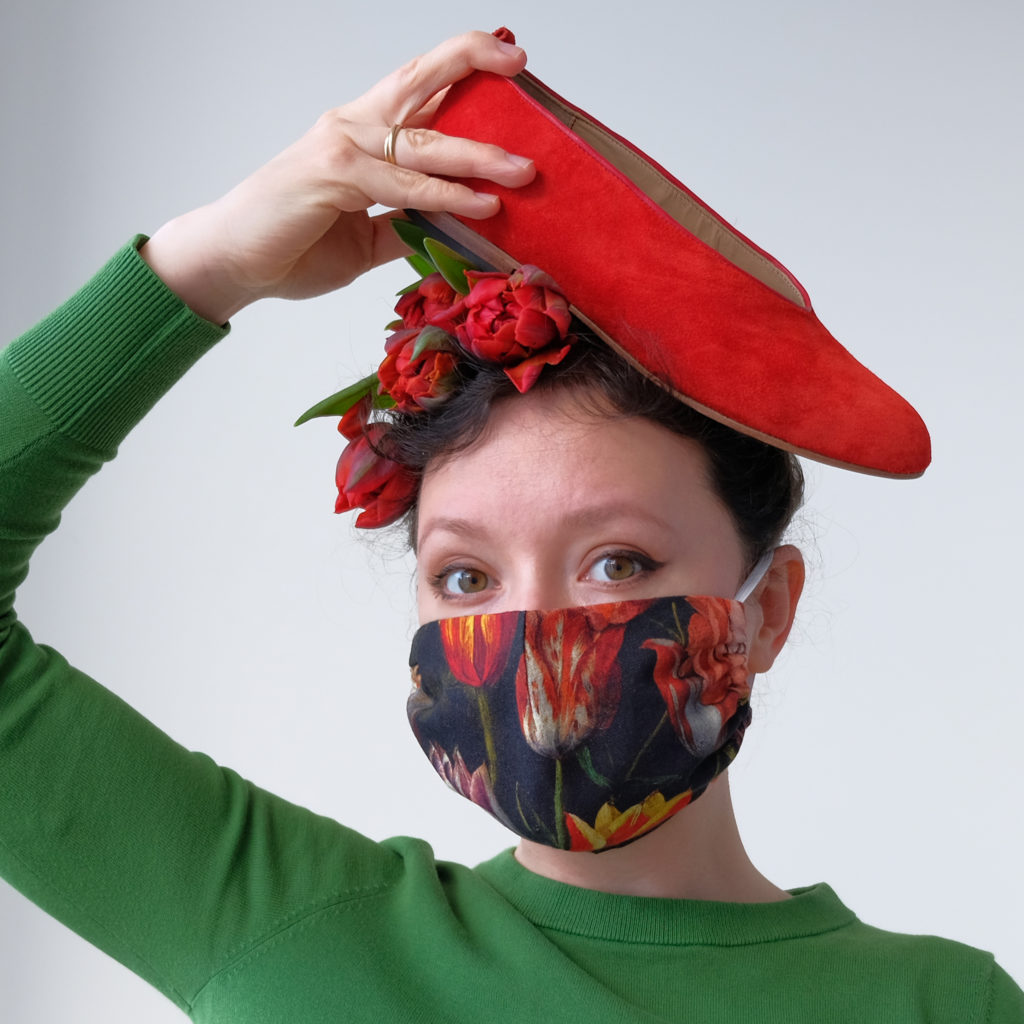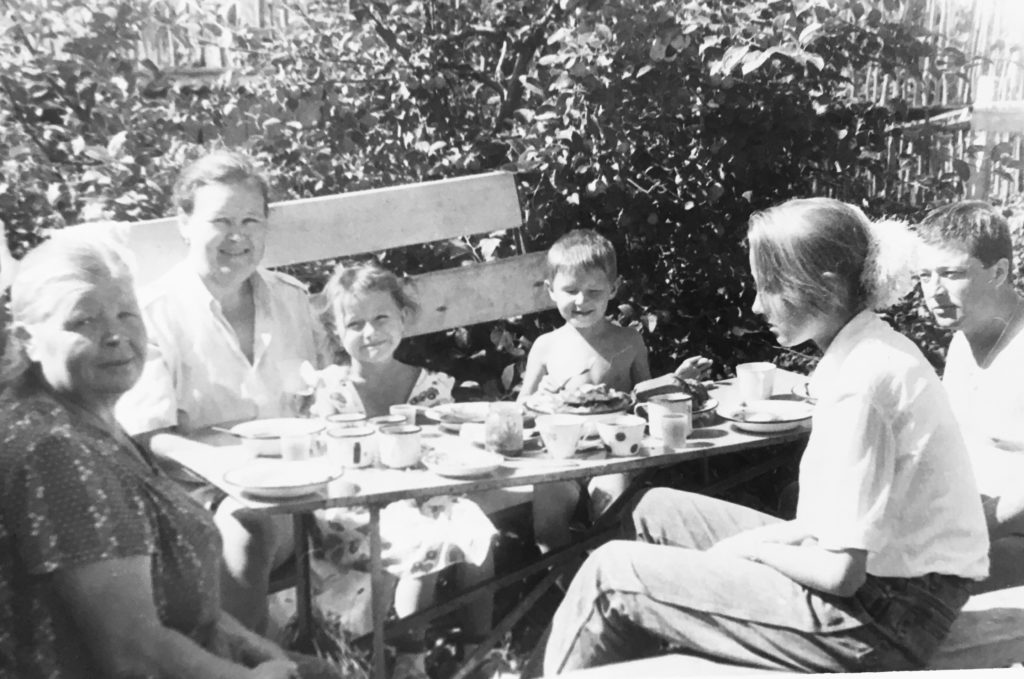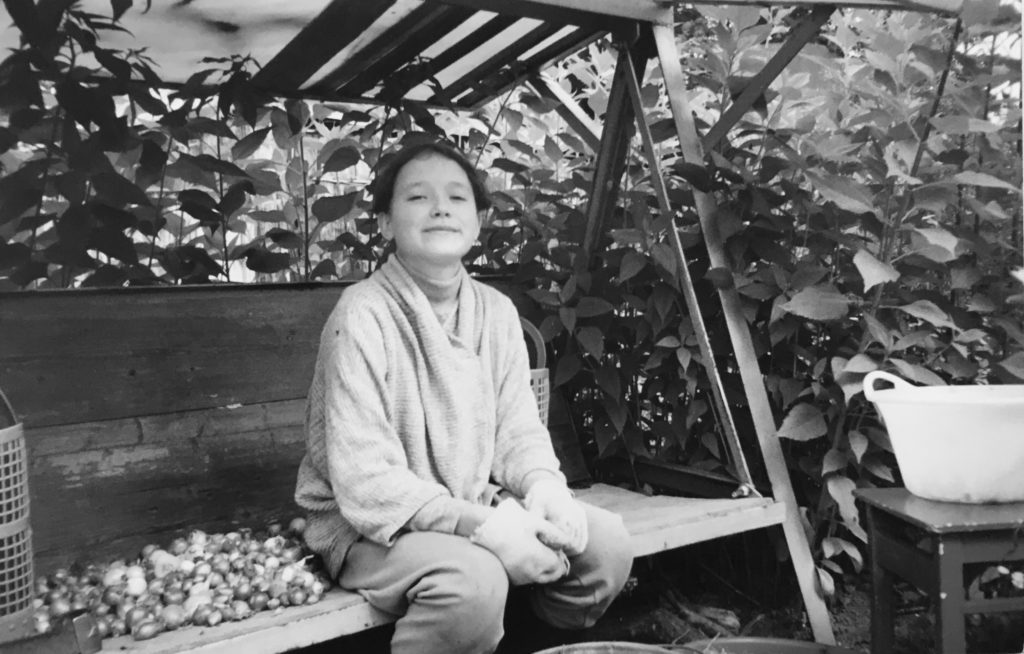It is now a third week of self-isolation in the world. People from different countries, of different religions and social statuses are staying home because of the pandemic.
These days every one of us faces serious problems that might kill us or do some real damage to our health, and also greatly impact our future and the future of our loved ones. We are like those aboard Noah’s Ark — just going with the flow, not knowing where. The present situation reminds me of the times I had been living in Russia.
It is this experience that helps me to keep calm these days. I’d like to offer you a glimpse into my past, to share the lessons that I learned, and a hopeful view of how the world will change after the pandemic is over.
I was born in 1987 in a small town near the Ural maintains. A few years after my birth, in 1991, the Soviet Union collapsed, and in 1998 the financial crisis hit Russia with all its might. Ten years later, in 2008, the Global financial crisis followed. And right now we’re in the middle of the coronavirus pandemic.
I was only a kid when the Soviet Union fell apart. I still remember my mother telling me the news. Alone with a small child to support, having lost her job in the factory and all her bank savings, she had absolutely no idea what to do and how to scrape a living. So she just went on. We had a tiny house in the country, and that was surrounded with a garden. It is that garden that helped us to survive, because this is where most of our food came from. Vegetables, fruit and berries sustained us for a year, while things were gradually going back to normal. The things I had to undergo in those days have been a part of my DNA ever since. In those days, people had to use their creative abilities to the full extent to cook a meal from leftovers. Almost everybody stored food to last a few months and learned how to make homemade vodka.
Vodka was a currency. Let’s say, you needed to fix something in the house, so you hired someone to do it and gave them bottles of vodka in return. Salaries were paid in bottles of vodka. Some people were drinking it to ease the stress and fight off creeping depression, others were selling vodka from their flats or houses. The Soviet Union crushed many people’s souls, families and dreams.
The next big crisis came in the year 1998, in August. People lost all their saving due to the financial meltdown that affected the majority of the population. Our family, too, was afflicted. I remember that period very vividly. We woke up in the morning and learned about the crisis from the news bulletin on TV. We were informed that my mom lost her job (again!), as well as all our bank savings because the bank had collapsed.
In my mind’s eye, I can still picture a few days when it all happened. The following morning, we went straight to our country house to collect all metal things and exchange them for money.
After that, we went to visit our friends and everyone cooked something from our food supplies. We all shared food with each other, talked and tried to cheer up, sharing our ideas on how to get out of the tight spot we found ourselves in.
Again, our garden provided food for me and my mom, so we survived. This time, she had no job, and the majority of people in Russia could say that about themselves.
The 2008 crisis made a lesser impact on my family because we were prepared. Having overcome all kinds of hardships 17 years previously, we knew how to face difficulties and how to organize life without any savings. I was studying at the time and had a stipend, and my mother managed to find a place in the healthcare sector. We acted just like we did before: stored the large quantities of food in advance and used our cunning to cook meals from simple products.
Though this crisis was different from a previous one, but it aroused the same feelings: shock, uncertainty, loss, disappointment, anger, and thoughts about dreams and hopes that would never come true.
I think that our mindset and our beliefs make the difference. My experiences have taught me that to have a strong confidence in yourself and your family is of utmost importance. When in search of creative solutions to the problem, collaborative effort brings truly amazing results and helps to live through all the difficulties.
Afterwards it is very important to change our focus, to be grateful for the simple things, to be kind and attentive to people around us. Those who love us and believe in us. I think it is also vital to start sharing food, clothes, furniture with those less fortunate.
I believe that after the pandemic has ended, we, people all over the planet, will behave differently. We will consume less and become more open to each other. We will share things and take care of the nature.
We will tell our loved ones about the strong feeling we have for them, more often and more openly than we usually do.
Please don’t be ashamed to show your love and care, because you never know what tomorrow holds.
This post is also Medium https://medium.com/@zeleninajulie/how-my-experience-of-having-grown-up-in-post-soviet-russia-helps-me-to-endure-the-covid-19-crisis-b4ce7d31590a




